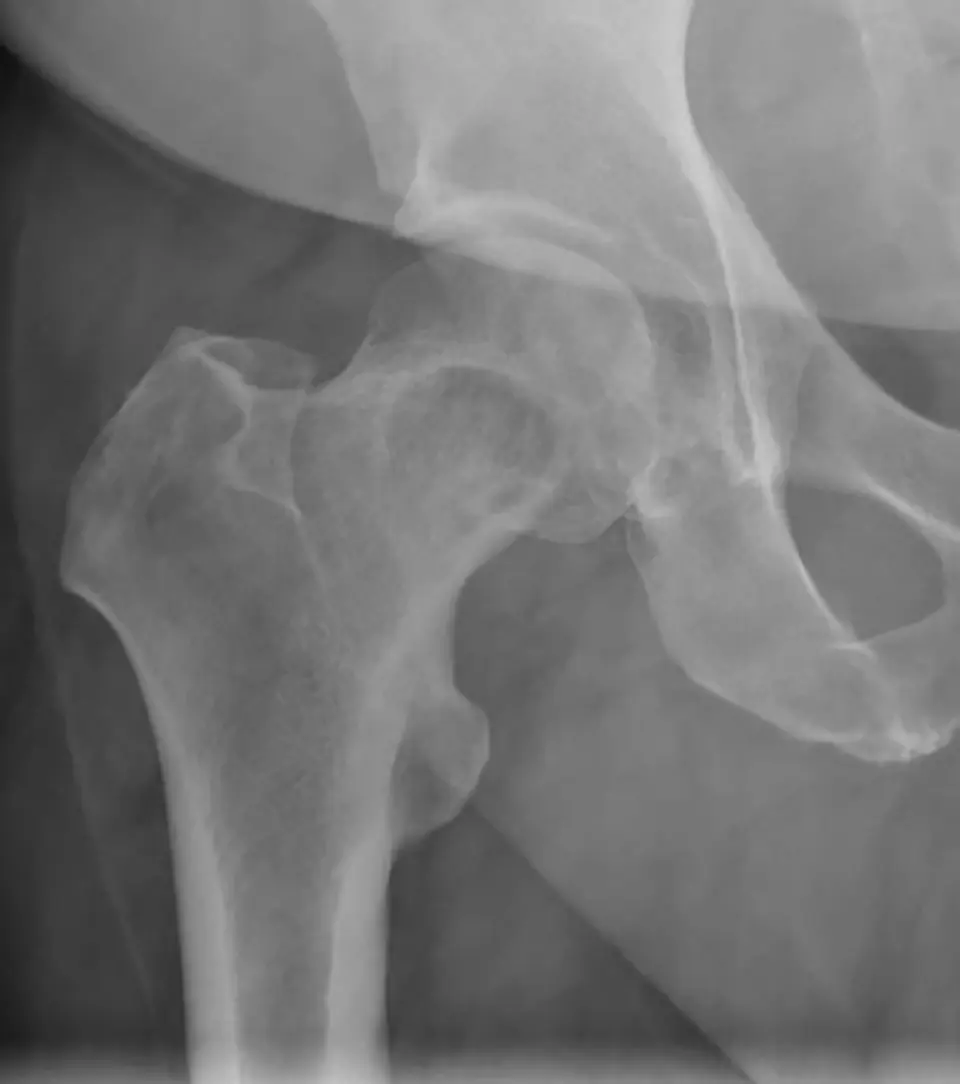Metastatic bone disease

Firstly, if you are reading this section because your cancer has spread to your bones, I am sorry that it has progressed to this stage. There are a number of cancers that commonly spread to bone and some of these can behave quite differently. The commonest include:
- Prostate
- Breast
- Lung
- Kidney
- Thyroid
- Bowel
- Multiple Myeloma
Many of these lesions in the bone cause weakness which can make a fracture more likely. We have a scoring system (Mirels’ score) to help estimate the likelihood of a fracture and can use this to counsel you about the need for surgery.
Sometimes surgery is not necessary, but it is important to monitor any lesions present and any symptoms they may be causing you. There are medications, such as Denosumab, which can interfere with the metabolism of the bone and have been shown to reduce the pain from metastatic bone lesions and reduce the risk of fractures.
The type of surgery required will depend on where in the bone the lesions are, their size, their type and their blood supply. This may involve putting a titanium alloy rod (intramedullary nail) into the bone to prevent it from breaking. Sometimes it is necessary to perform hip replacement surgery and, occasionally, this can be very complex.
Lesions in the top end of the femur (the thigh bone) have the highest risk of fracturing due to the stresses/forces going through this area. Lesions in the socket are less likely to fracture in a way that needs urgent admission to hospital but can be very painful and restrict your mobility.
Different cancers do different things to the bone. Prostate cancer, for example, usually causes sclerotic lesions. This is where harder bone is laid down but this hard bone is more brittle, like a stick of rock. Other lesions, like those caused by breast cancer, tend to be lytic, where the bone is replaced by soft cancerous tissue.
Renal cancer behaves in a particular way, where the lesion develops a very strong blood supply. This can be very dangerous in surgery if it is not dealt with in advance. To deal with this, a procedure is performed a day before the surgery to block the blood vessels serving the lesion. This is done by a radiologist under local anaesthetic, but it is a surgical procedure in itself.
The investigations required will usually include at least a set of xrays and an MRI scan. It may also be necessary to perform a CT scan, though often this will have been done as part of your cancer investigations. On some occasions it will be necessary to perform a bone scan to look for other lesions.
A CT scan is a quick scan (a minute or two) which usually involves being passed in and out of a ring- doughnut-like scanner. This is excellent for looking at bone structure and planning surgery.
An MRI scan is a much slower scan (20-30 minutes) which involves lying still in a tube-like scanner which can be quite noisy (rhythmic rattles and hums). This is particularly good for looking at the amount of cancer there is in a bone. This is also very useful for planning surgery.
You should be under the care of an oncologist, who I would liaise with about your cancer treatment and their plans for the future. You’ll need to have a management plan in place with an oncologist before commencing any private orthopaedic treatment.
When the situation is complex, it will often be better managed in our local NHS service because the resources available are much greater and the waiting times are short for this type of problem. This can be done under my care, or under the care of some of my colleagues who also treat this type of disease.
Please note I do not treat cancers that arise in the bone (primary bone tumours) – these may include osteosarcoma, chondrosarcoma, Ewing’s Sarcoma.

Expert in his field. Warm and friendly manner but at the same time exuding an air of professionalism which gave me much confidence in undertaking the operation. Extremely informative throughout the process. Kind and sensitive... never felt rushed.
Verified Patient, 13/06/2023

